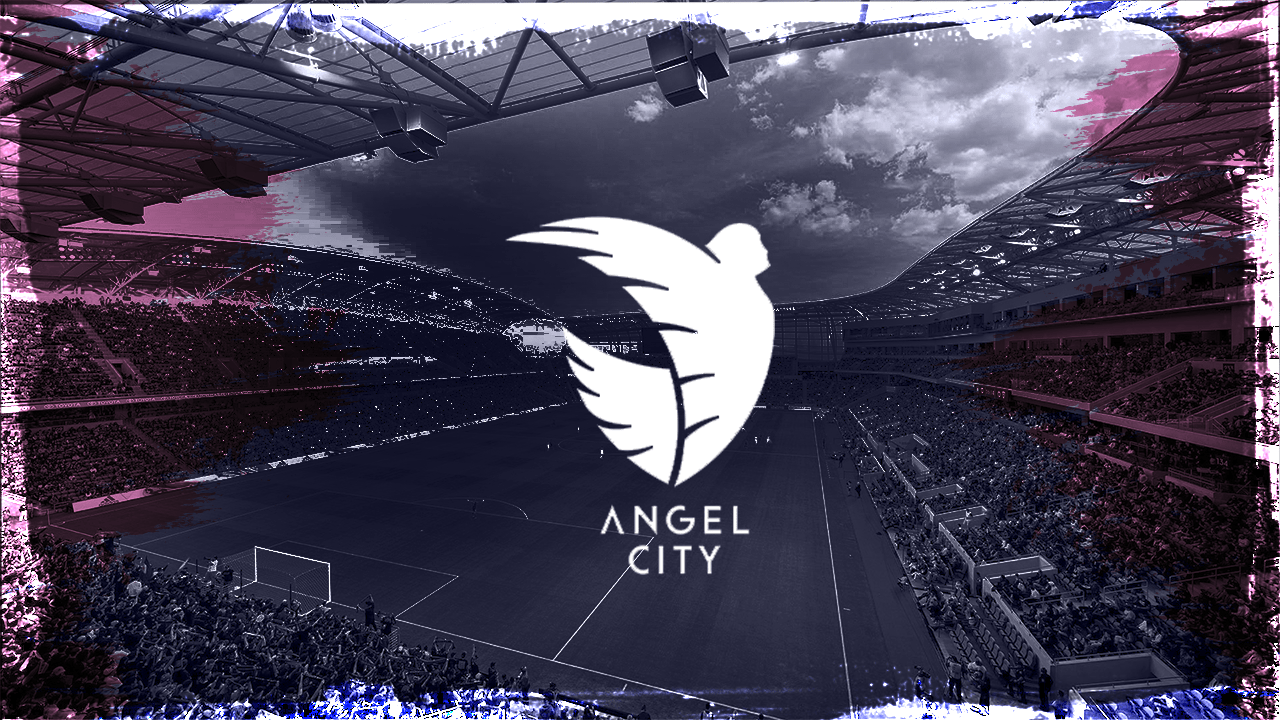
NWSL club Angel City FC, the most valuable women’s sports team in the U.S., has hired Carmen Bona as its president of business operations in a newly created role. The club has also promoted co-founder and president Julie Uhrman to CEO ahead of the 2025 season.
Bona will take over day-to-day business responsibilities for a club recently purchased at a $250 million valuation by Willow Bay, dean of USC’s journalism school, and her husband Bob Iger, the CEO of Disney.
In the first year on the job, much of Bona’s work will be assessing existing workflows with an eye toward operational efficiencies. “It’s going to be taking a critical look at every single revenue stream and cost item,” Bona said in a video interview.
Angel City hired Bona from United Talent Agency, where she worked as chief strategy and corporate development officer for the past three years.
Ultimately, Bona said the club wants to transition from “startup mode” to a sprawling operation that rivals global sports juggernauts while maintaining a responsible balance sheet. And she believes Angel City’s foundation—with its ideal placement in the Los Angeles market and bringing in the second-most revenue in the NWSL last year—sets it up for that type success.
Bona, a Spaniard, brings with her an international view of the business of soccer—and she sees opportunity abroad. She said European clubs have left openings for U.S. clubs to gain traction by compiling on-field talent without developing adequate marketing or revenue strategies to complement players. Most European women’s soccer teams, such as Barcelona, PSG and Chelsea, are paired with popular men’s organizations and share colors, crests and more. The total broadcast revenues of those leagues trail the NWSL by a wide margin.
“Some teams, like Angel City in particular, have overtaken some of the classic European teams [by focusing from] the beginning on building up a brand that is compelling,” Bona said. “The U.S. has already taken over a lot of the best practices faster than teams that have existed for much longer in Europe—ticketing, their sponsorships for sure, and to some extent, it’s starting to be the case in media rights, which are in some ways sort of the most important factor.”
The NWSL, which launched in 2012, is entering the third year of a four-year, roughly $240 million media rights package with CBS, ESPN, Amazon’s Prime Video and Ion. The agreement is about 40 times what its prior broadcast arrangement paid out, and even though much of the TV revenue still goes toward production costs and marketing, it is on an upward trajectory.
The Women’s Super League in England—a chief international competitor to the NWSL—launched two years before the NWSL and is in the middle of a relatively paltry five-year, $82 million domestic TV pact with Sky Sports and the BBC. The stations do not show every WSL match; games not on Sky Sports or the BBC are generally available locally via YouTube.
In addition to the NWSL’s broadcast distribution strength, many American clubs have found success leaning into the personalities of their stars on social media and collaborating with popular influencers, according to Bona. U.S. Soccer has been happy to provide an assist when those players are on international duty, like when they won gold at last summer’s Paris Olympics.
Meanwhile, investment in accommodations for players is becoming more important than ever globally.
Last month, Angel City FC opened an expanded nine-acre performance center, the largest active headquarters in the league. With other clubs assembling their own state-of-the-art facilities in a new women’s sports arms race, Angel City’s infrastructure could prove to be a necessary player recruitment tool.
A new NWSL collective bargaining agreement ended the league’s amateur draft, meaning clubs are not assured access to top prospects. Instead, every player has the right to independently approve which teams they will join. An organization lagging in facilities is at an inherent disadvantage. Reputation matters.
Fan engagement is similarly important to bringing in elite talent, Bona said. When a team successfully amplifies its stars to a wide range of supporters, those players can strike more lucrative endorsement deals. Endorsements currently make up a higher percentage of player earnings for women than men in most sports.
Angel City has well-known players it can highlight to show prospects that they, too, can quickly gain prominence in LA. For example, sisters Alyssa Thompson, 20, and Gisele Thompson, 19, have inked multiple major sponsorship deals, including with BODYARMOR and Nike. They recently signed contract extensions with Angel City through 2028.
Both Thompsons were named to the U.S. women’s national team roster for the SheBelieves Cup, which begins on Thursday with a match against Colombia. Nearly three-quarters of the 23-person squad currently plays for NWSL clubs, and all but three members have competed in the NWSL at some point in their careers.
“The NWSL, I think, has done a lot of things right,” Bona said, “and Angel City has been one of the green shoots in that regard.”
